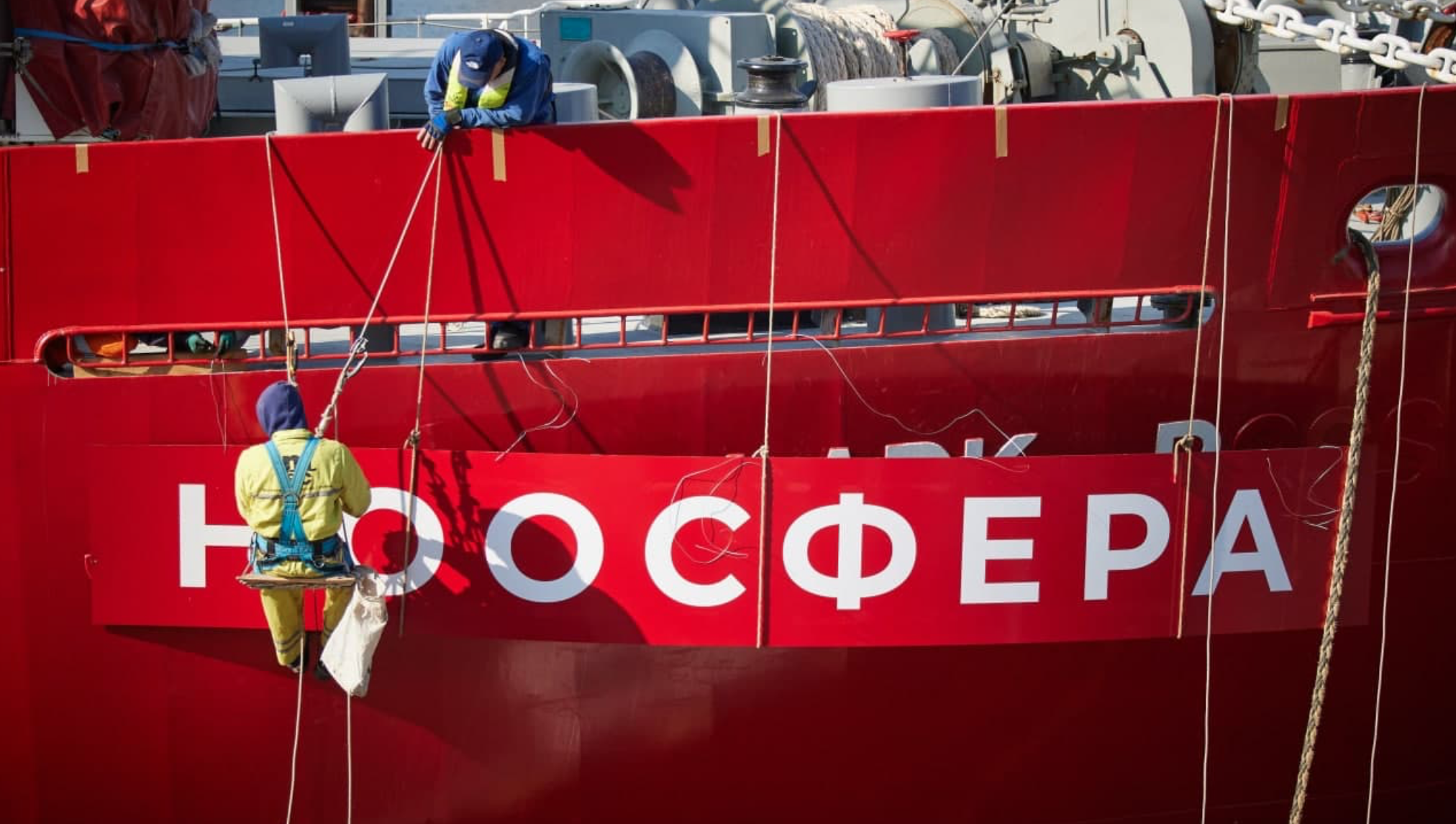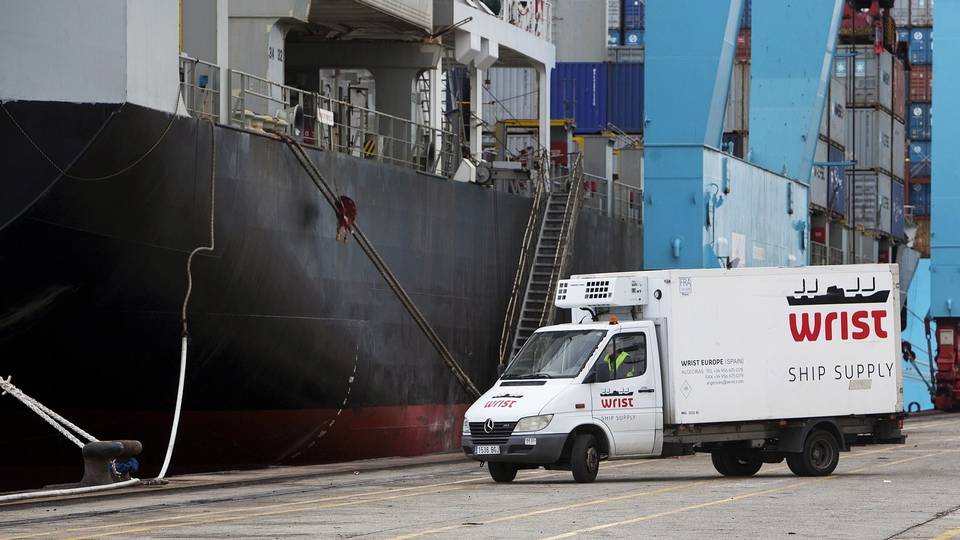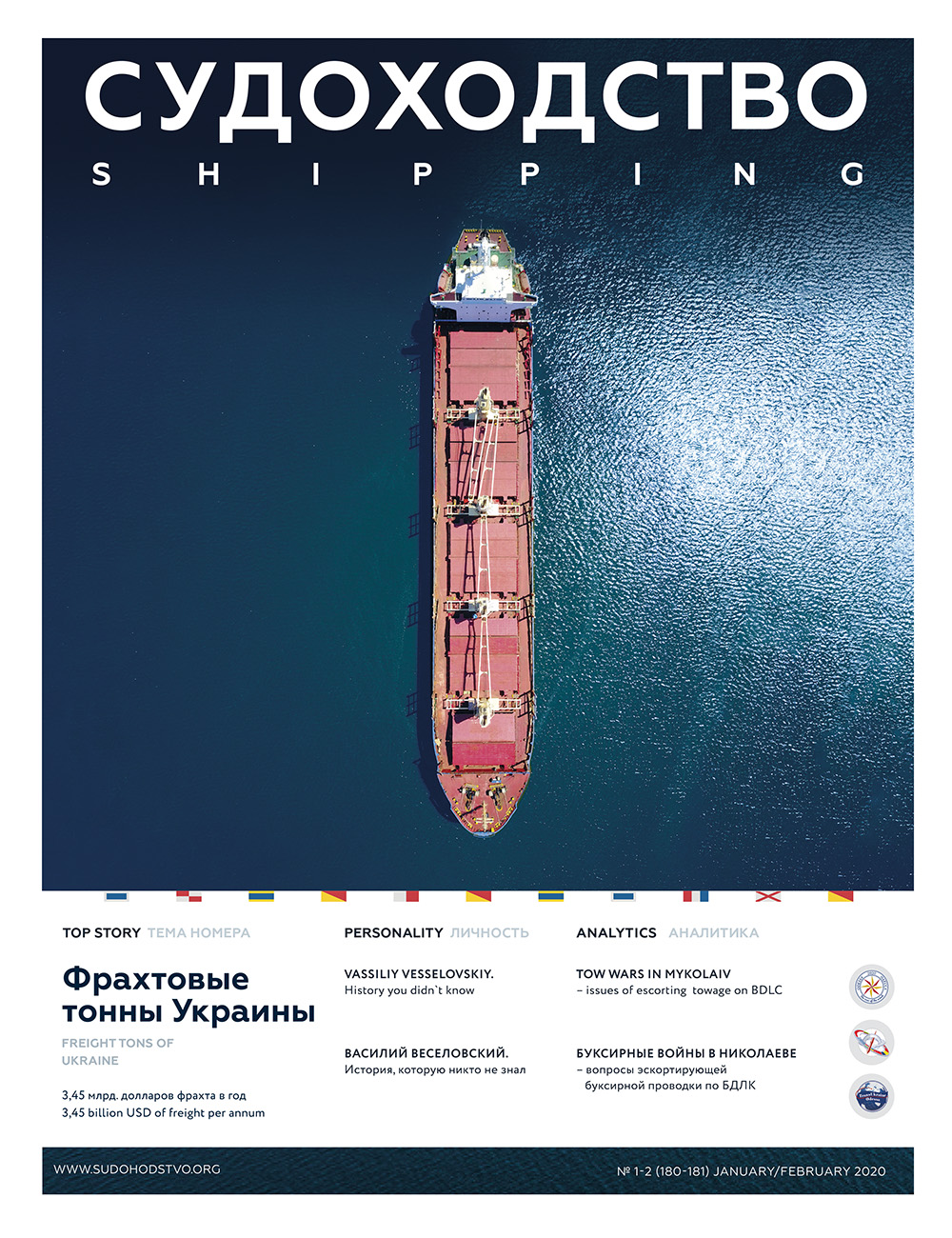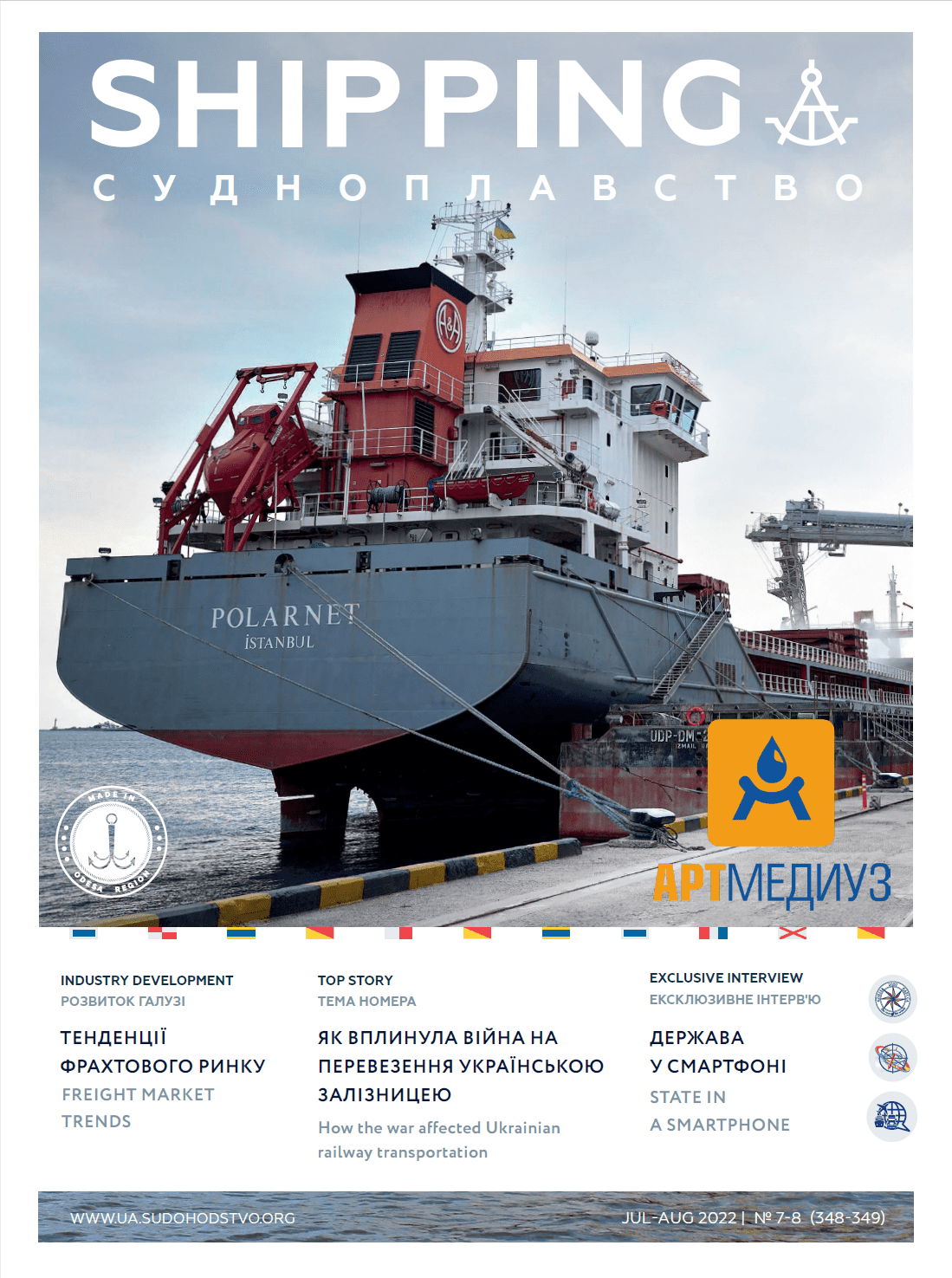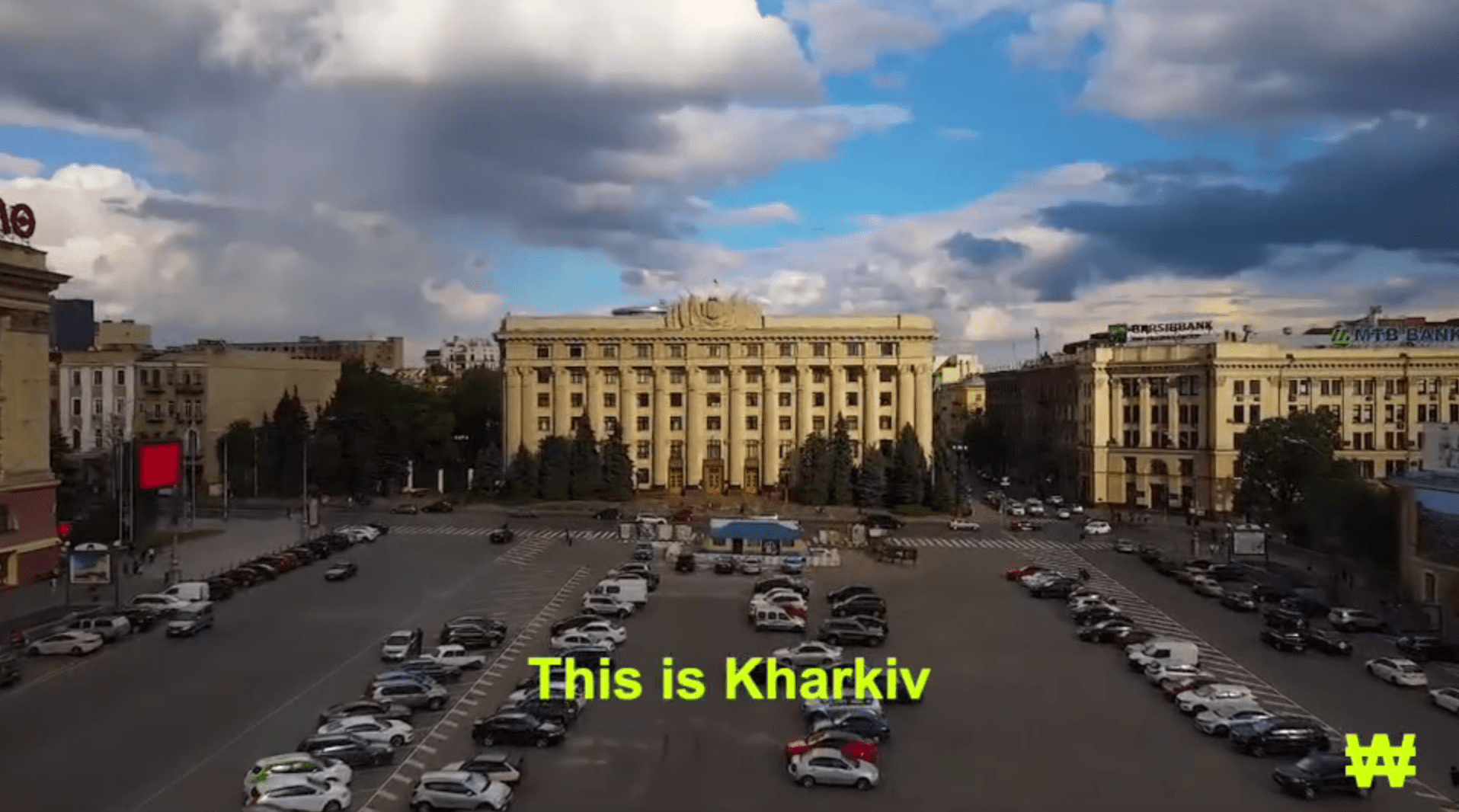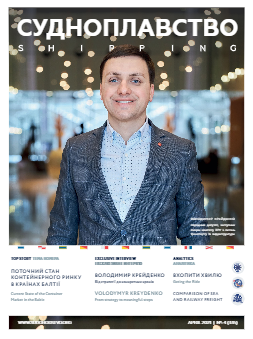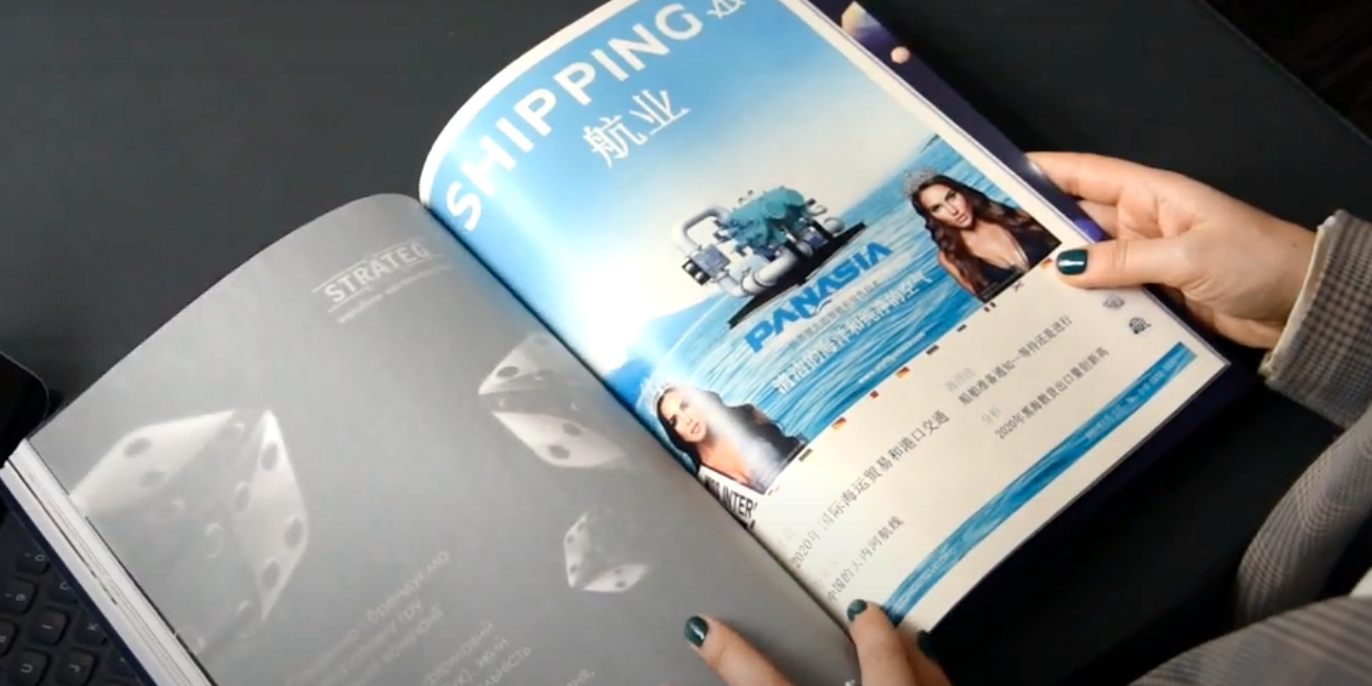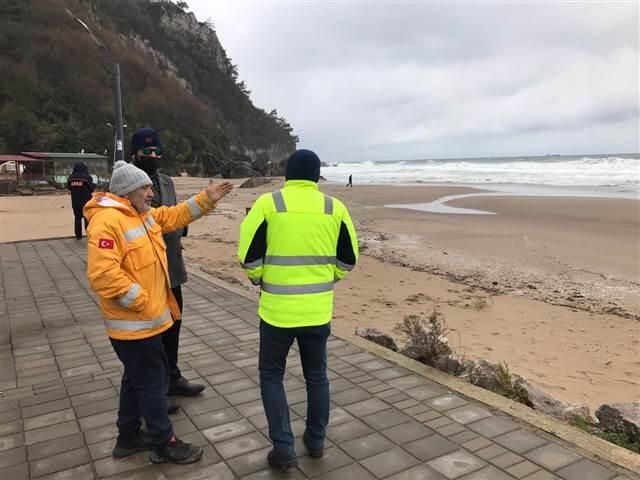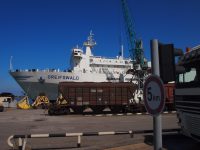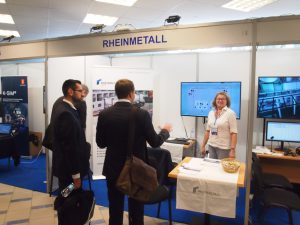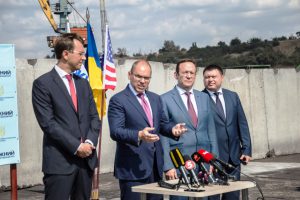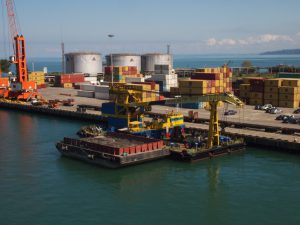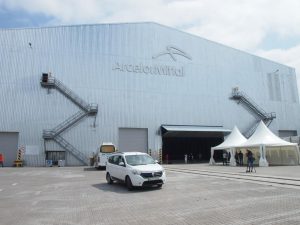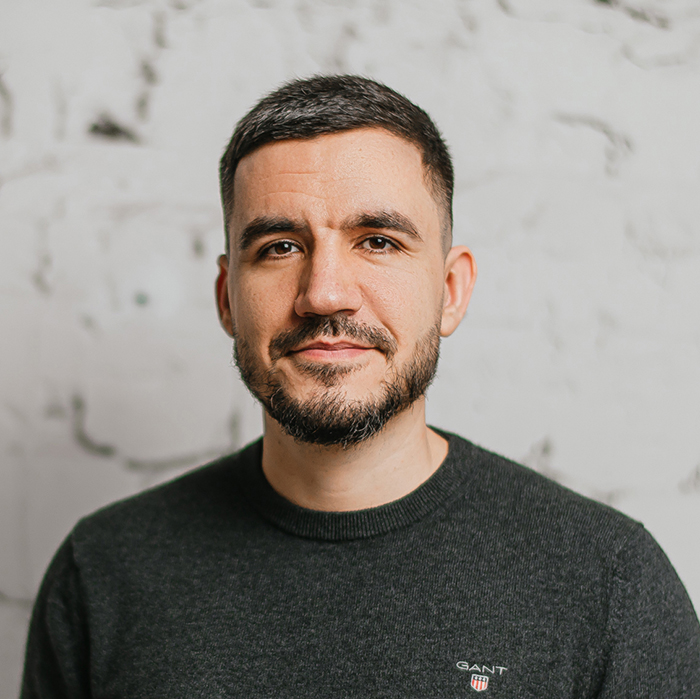
Director of Danube Logistics Group
New infrastructure projects in the port of Reni: Danube Logistics
The issue of the efficient operation of the transport system now largely depends on the development of the Danube ports. We interviewed Ivan Niyakiy, the director of the Danube Logistics Group company, which received the status of port operator in the port of Reni. The extensive experience of working in the ports of Great Odesa allows us to see ways of solving problems in the river ports of our country: «If the pace of development continues, then in a year or two Reni can really be on the same level as the ports on the open water.»
What is the efficiency of the redistribution of logistics flows on the Danube?
There is no need to talk about efficiency here, rather it was a forced necessity. When the open water ports were blocked at the beginning of the war, there were no other options, except for the Danube region. Today, the indicators are impressive — some of the ports have increased the volume of cargo traffic several times and are already working at the limit of their technical and technological capacities.
If we speak in numbers, then Izmail increased cargo volumes by 198.5% (cargo turnover last year was 3.9 million tons), Reni — by 508.4% (cargo turnover last year was 1.3 million tons), Ust — Dunaysk — by 1273.3% (cargo turnover last year was 64.3 tons).
I think that after the war is over and all the ports are back to work, the logistics routes across the Danube will remain and continue to develop. Moreover, the Ministry of Community Development, Territories and Infrastructure already has a project on the development of Danube ports, which involves large investments. This will significantly increase the efficiency of ports and enable them to compete with big water ports.
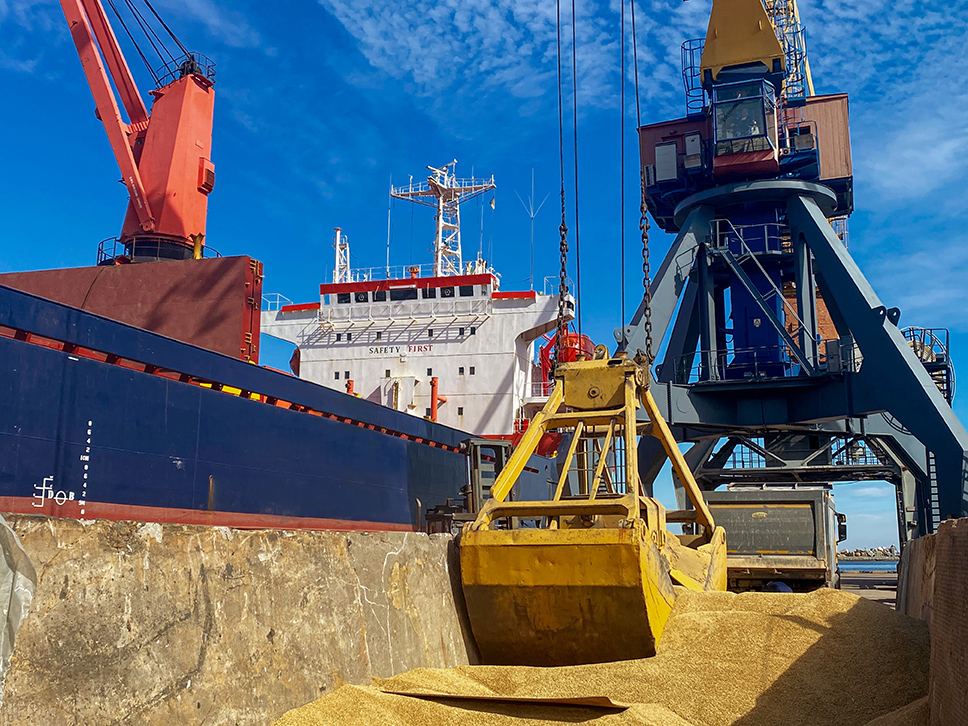
What are the results of your work this year and your plans for the future?
In autumn, the Danube Logistics Group company received the status of port operator in the port of Reni. We adjusted the workload of both the river and sea fleet, as well as the entire complex of related services (weighing, laboratory, forwarding, dispatching of cars and fleet). We also take an active part in the work of the Grain Corridor, carrying out transshipment through the terminals of the Odesa port.
In the first three months of operation, we shipped more than 150,000 tons of grain cargo through the port of Reni and Odesa. We have already uploaded our first handy size in Odessa, we are waiting for one more by the end of the year. So, in general, by the end of December, we plan to reach 200-250 thousand tons.
Regarding our plans, we will soon start the construction of floor storage warehouses in the port of Reni. The first phase will be 15,000 tons. Also, in the medium term, we want to launch a container terminal there. In work through the port of Odesa — at the end of January or beginning of February, we are waiting for the first panamax.

What problems do you face ?
The ports of the Danube region differ from those of Great Odesa in the pace of work and other technologies for handling ships and cargo. The key is the depth of the moorings. There are not many berths on the Danube where you can load a 6-7 thousand ton vessel, which causes queues.
Port capacity is also limited by the need to pass through the Sulina Canal, but the opening of the Bystre Canal in the summer partially solved this problem.
The third is the use of the mostly direct transshipment option, due to limited warehouse space. This way of working, under the conditions of one two-lane Odesa-Reni highway, leads to huge traffic jams at the entrances to the ports.
But all these problems are being solved. Currently, USPA is dredging channels and water areas of ports, which will make it possible to receive vessels with a larger draft. Negotiations are underway with Romanian colleagues regarding Sulina’s 24/7 operation, and private companies will be warehouses, including ours.
In addition, there are difficulties in the work of the Grain Corridor due to large traffic jams in the Bosphorus, which arise as a result of sabotage by the traitors of the Coordination Headquarters on the part of Russia. We waited a month for the arrival of one of the ships in Odessa. However, at the beginning of December, they were able to load 28,000 tons of Ukrainian barley and corn. The Ministry is keeping this issue in view and is working with our Western partners Turkey and the UN on a daily basis and is trying to improve the working conditions of the corridor.
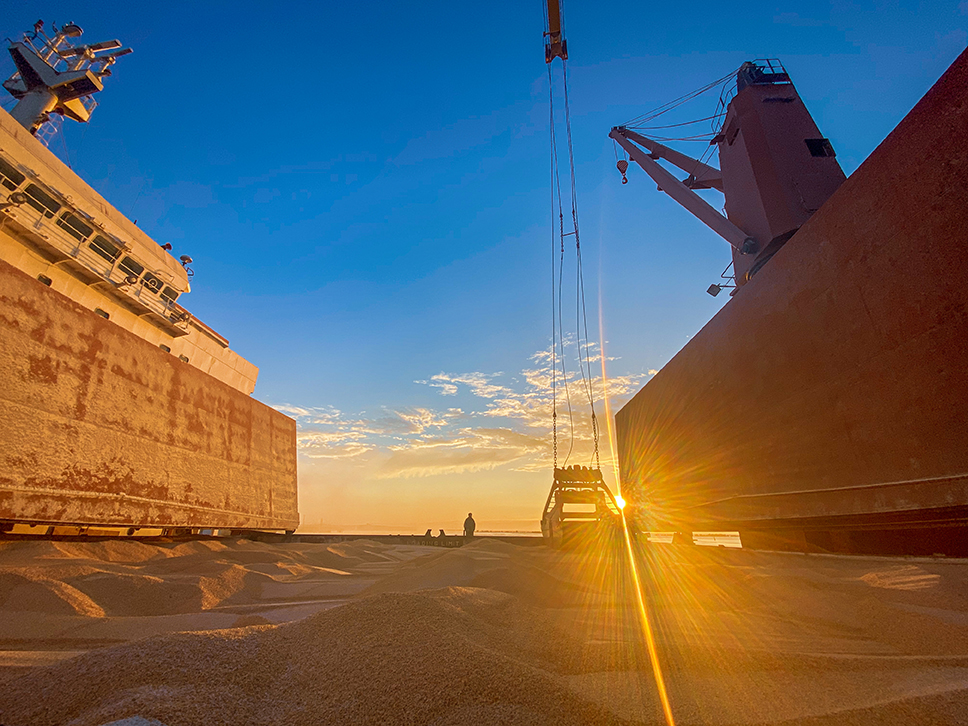
What are the unused opportunities in Port Reni? What capacities or specialists are lacking?
Port Reni stopped developing more than 20 years ago. Again, the main reason is that the Danube ports have lost their attractiveness for cargo flows — their close location to the ports of Great Odesa, which took over the lion’s share of cargo flows.
No funding was directed to these ports. As a result we got obsolete handling equipment, warehouses, territory. But as I already said, today the repair of some berths, dredging, new equipment is being installed, warehouses are being repaired, the areas where investors are already building their new terminals are being leased in the port. If the pace of development continues, then in a year or two Reni can really be on the same level as the open water ports.
As for specialists, specialists from all over Ukraine work in the port of Reni today. The complete blockade of the ports of Mykolaiv, Kherson, Mariupol, and Berdyansk led to the fact that a large number of qualified specialists lost their jobs. Therefore, we do not feel a shortage of personnel, on the contrary, we are trying to provide jobs and housing to those people who need it most. Almost 70% of our employees are people who had to leave their hometowns because of the war, mainly from Mykolaiv and Kherson. And this is not only our example, but also many other terminals.
What international cooperation helps in work efficiency?
The key help for our field today is the purchase of Ukrainian agricultural products by international holdings. Today, the cargo base of ports has significantly decreased, and in fact, grain is a key export product. Thanks to this, among other things, port operators can continue to work and, what is very important, provide work for their people. In addition, the foreign exchange revenue that comes to our country strengthens the economy.
Everything related to the construction of terminals, re-equipment, repairs and so on — everything is done at the expense of the country’s budget and Ukrainian business owners.
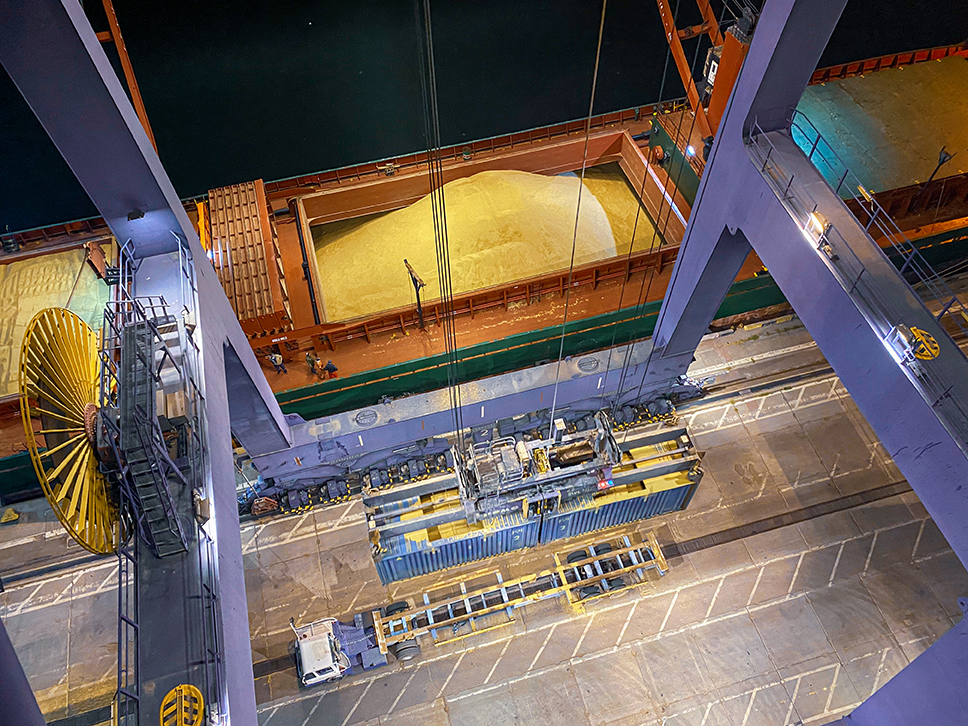
How do the state and the ministry help you?
Since the beginning of the war, the Ministry, USPA and the state administrative apparatus as a whole have shown high efficiency. The forced reorientation of cargo flows to the Danube ports was not easy — traffic jams on the canals and at the entrances to the port, difficulties with working during curfew hours, roadblocks, etc. But all of them were and are being resolved as they are received.
For example, after the emergence of large queues on Sulina, USPA, together with Romanian colleagues, solved this problem very effectively — they organized the dispatching and administration of vessels passing through Sulina. This significantly reduced idle time and increased the useful working time of berths in ports.
The grain corridor is a great achievement, including that of state transporters, and a big plus in the resume of our Ministry.
In general, I believe that today we have one of the most effective Ministries of all time — open, always ready for communication and focused on solving problems. In addition, we have a high profile Deputy Minister who has worked in the industry all his life, knows all the pain points and is constantly in touch with business.
How do you provide humanitarian aid to the country?
Together with friends, we started helping Mykolaiv back in the spring. We regularly send humanitarian goods for residents, ammunition and equipment for the defenders of the city. The new enterprise gives us the opportunity to increase humanitarian aid to Mykolaiv, and more recently to Kherson. This applies to both military and civilians. But we still believe that this is not a place for PR, so we just do everything we can for the Victory.
Interview conducted by Tatiana Sivkova


